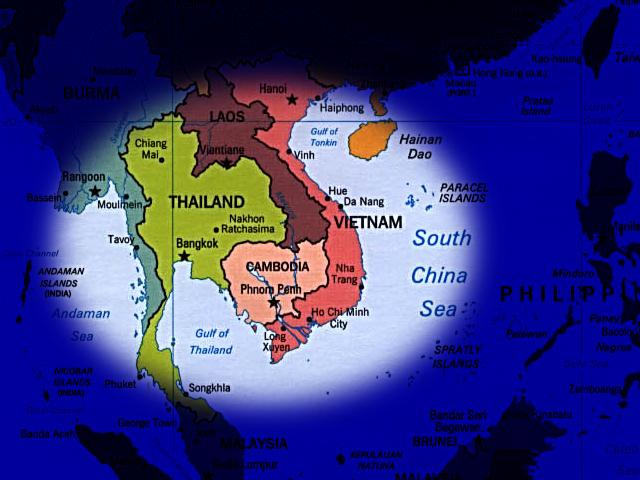Despite the network’s spectacular converge of the Egyptian protests, one can’t help but suspect its impartiality given that it is owned by a 185-year-old royal family that has friends and enemies all over the Arab World. Of the two major protests going on the Middle East, why is Al Jazeera (and the world) covering one more than the other.

Al Jazeera has come a long way from the time when it was just known for showing Osama Bin Laden tapes. During the Egyptian crisis the entire international media, including BBC World and Reuters, were at least a step behind the Arab news network. At one point, I think, even Twitter was panting with all the running it had to do to keep with Al Jazeera. Indisputably the historic success at Tahrir Square does have a vital contribution from the live 24/7 coverage by the channel.














